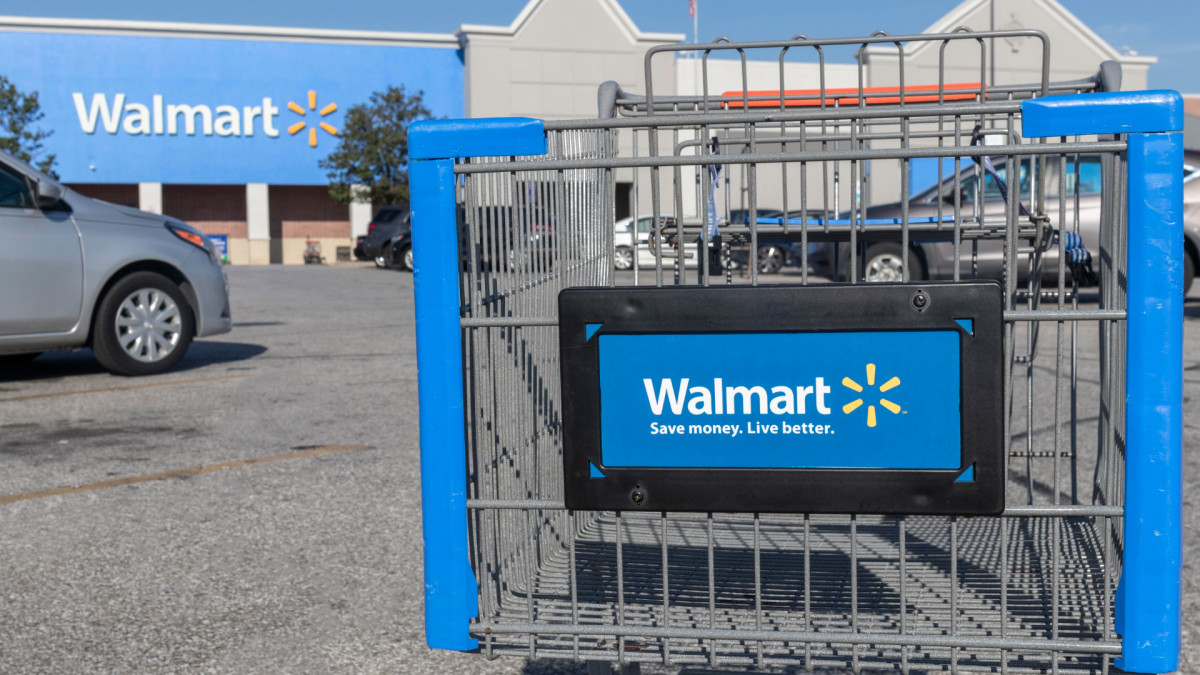Attention Retirees: 2 Big Problems With Social Security COLAs
Inflation has a tendency to erode retirees’ buying power over time. That’s why Social Security cost-of-living adjustments, or COLAs, are so important. Automatic Social Security COLAs were introduced back in 1975. Prior to that, lawmakers had to meet and approve them on a case-by-case basis. But since 1975, Social Security benefits have been eligible for […] The post Attention Retirees: 2 Big Problems With Social Security COLAs appeared first on 24/7 Wall St..

Key Points
-
Social Security COLAs are supposed to help seniors maintain their buying power.
-
COLAs often fail to keep pace with inflation.
-
Medicare increases can eat away at COLAs and potentially whittle them down to nothing.
-
4 million Americans are set to retire this year. If you want to join them, click here now to see if you’re behind, or ahead. It only takes a minute. (Sponsor)
Inflation has a tendency to erode retirees’ buying power over time. That’s why Social Security cost-of-living adjustments, or COLAs, are so important.
Automatic Social Security COLAs were introduced back in 1975. Prior to that, lawmakers had to meet and approve them on a case-by-case basis. But since 1975, Social Security benefits have been eligible for a yearly boost that’s tied to inflation.
Specifically, Social Security COLAs are calculated based on third-quarter data from the Consumer Price Index for Urban Wage Earners and Clerical Workers (CPI-W), a subset of the more well-known Consumer Price Index. When there’s a rise in the CPI-W from one year to the next, Social Security benefits get a COLA. When there’s no increase or a decrease, Social Security benefits hold steady.
But while Social Security COLAs are a good thing in theory, they’re far from perfect. Here are two glaring issues with COLAs that lawmakers sorely need to address.
1. They generally don’t do the job they’re supposed to
Although Social Security COLAs are designed to make sure that beneficiaries don’t lose buying power over time, they have a tendency to fall short. Last year, the nonpartisan Senior Citizens League found that Social Security benefits had lost 20% of their buying power since 2010.
That’s a problem, though. Many retirees get most or even all of their income from Social Security. The fact that benefits have lost that much buying power puts people without much extra income in a very tight spot.
2. Medicare increases can eat away at them
Seniors who are enrolled in Social Security and Medicare at the same time have their Part B premiums deducted from their benefits each month. But this means that any time the cost of Part B rises, COLAs automatically shrink.
In 2025, for example, the standard monthly Part B premium rose from $174.70 to $185. But that roughly $10 increase means that any Social Security recipient who’s also on Medicare lost a big chunk of their COLA considering that this year’s raise only came in at 2.5%.
Lawmakers need to intervene
Given the number of seniors who rely heavily on Social Security to make ends meet, it’s imperative that lawmakers try to address these glaring COLA shortcomings. And one solution could be to change the formula for calculating them.
Although the CPI-W has long been the standard, it’s been criticized by senior advocates due to the fact that it fails to accurately capture the costs Social Security recipients tend to face. A more senior-focused index like the CPI-E, or Consumer Price Index for the Elderly, would potentially result in larger COLAs that do retirees more good.
Another option is to put legislation in place that limits the extent to which Medicare Part B increases can eat away at COLAs. Thankfully, there’s already a hold harmless provision, which means that Social Security benefits cannot decrease from one year to the next due to a rise in Part B premiums. But lawmakers may want to take this concept one step further and put rules in place that would prevent Part B premiums from whittling COLAs down to virtually nothing.
Of course, the best thing for seniors to do is have income outside of Social Security so they’re less dependent on COLAs from year to year. But unfortunately, many current retirees have already missed that boat. So at this point, they can really only hope that lawmakers step in and work to address the problems above.
The post Attention Retirees: 2 Big Problems With Social Security COLAs appeared first on 24/7 Wall St..




























































































































































